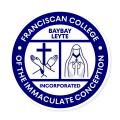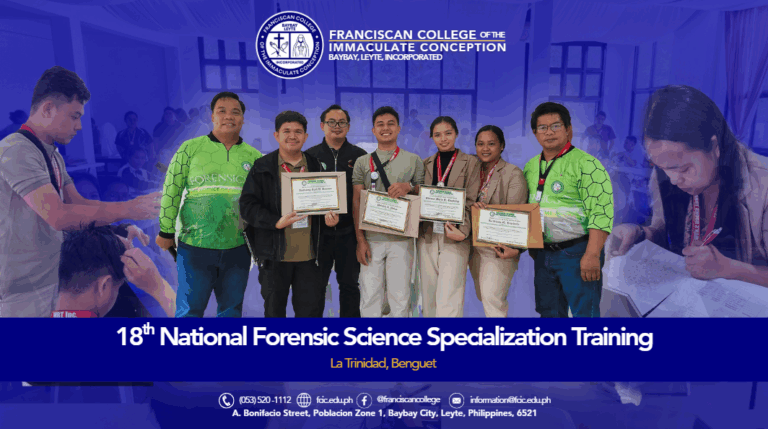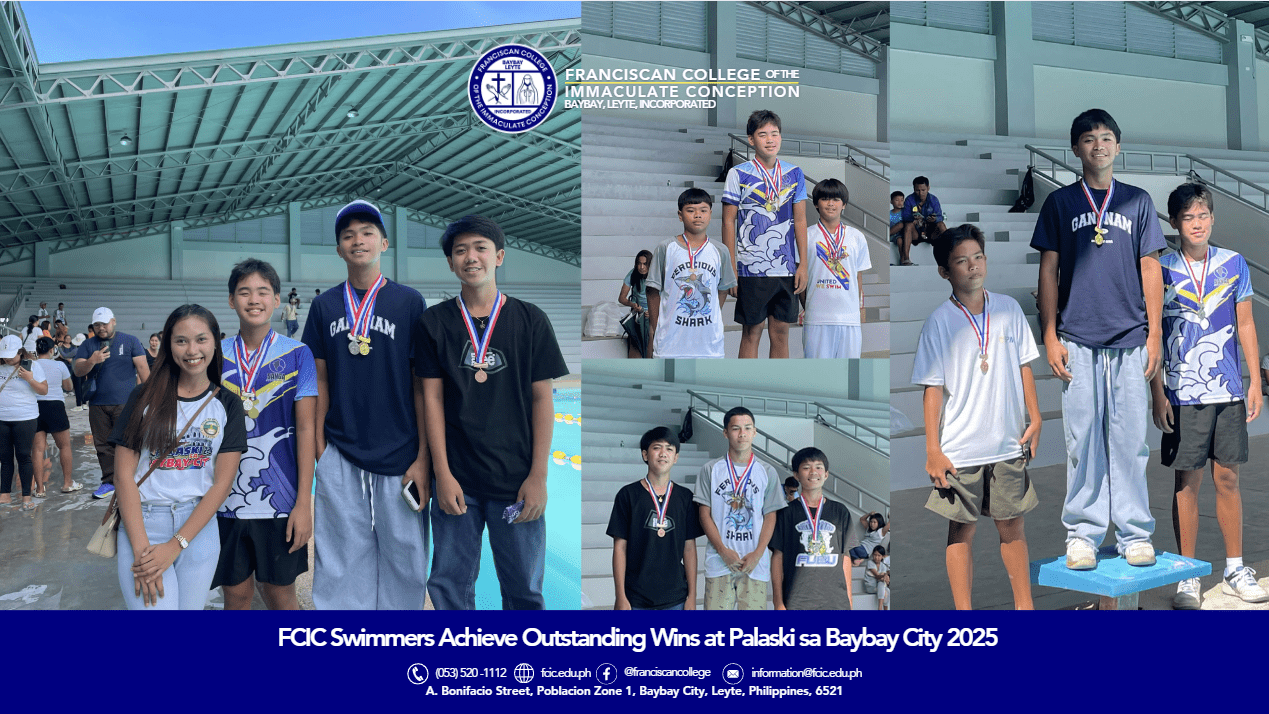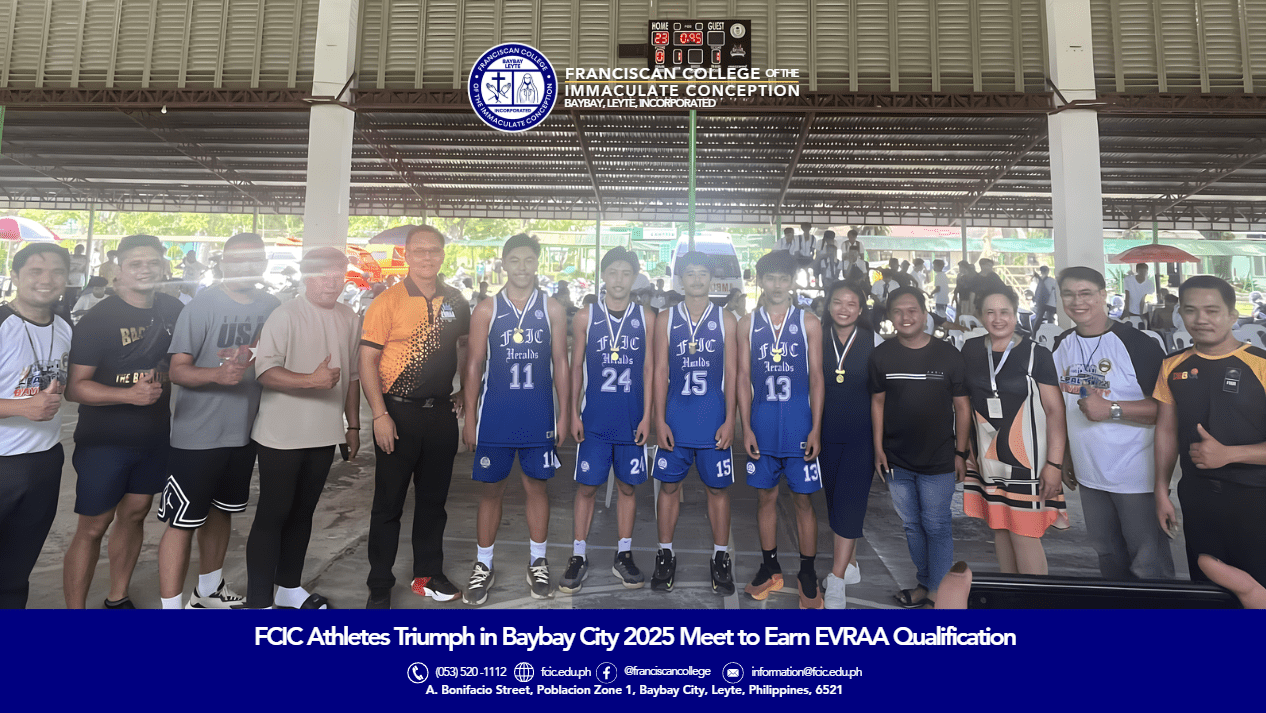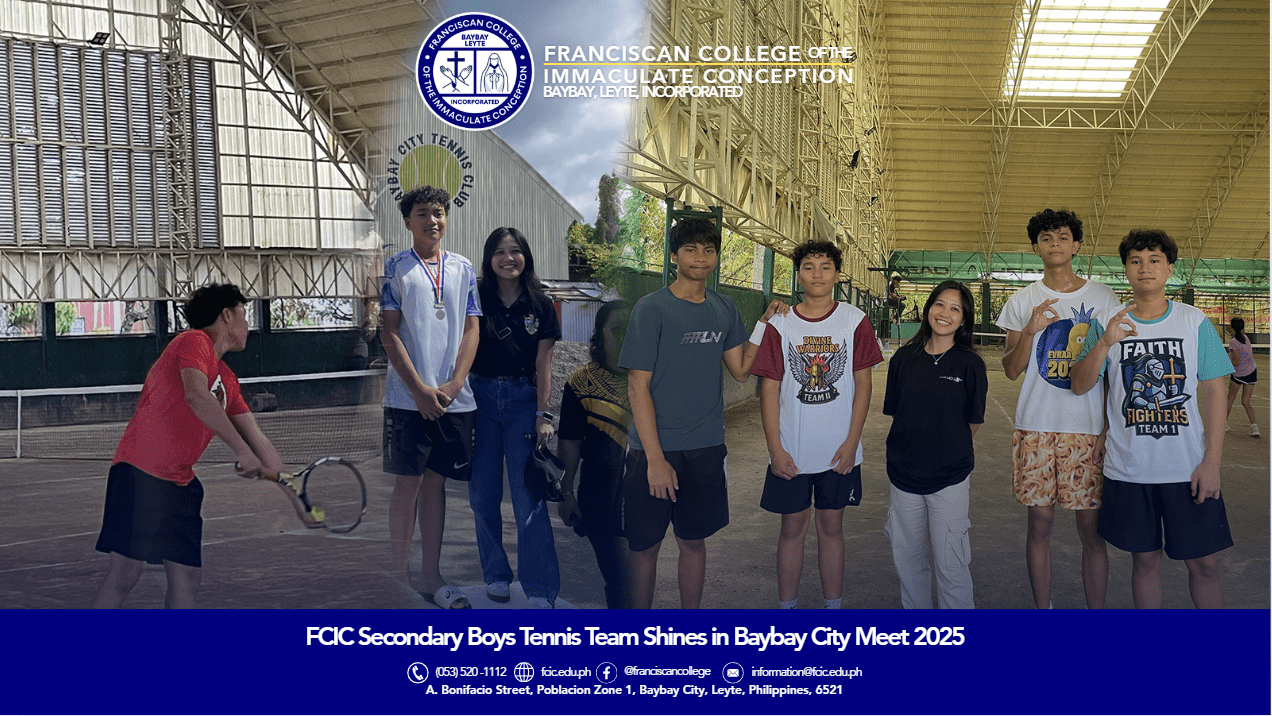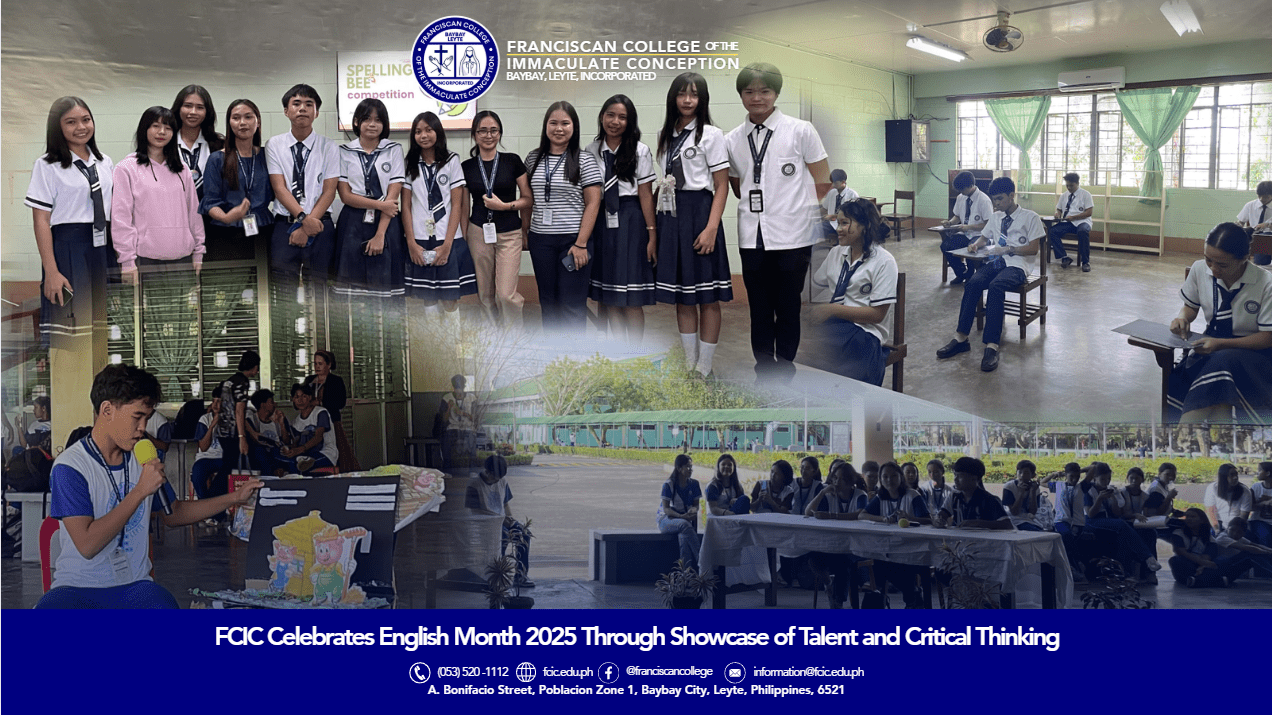La Trinidad, Benguet – The faculty members of the College of Criminal Justice Education (CCJE) of the Franciscan College of Immaculate Conception, Inc. (FCIC) participated in the 18th National Forensic Science Specialization Training held in La Trinidad, Benguet on September 26-28, 2025. The three-day intensive training aimed to strengthen faculty development and enhance the forensic expertise of educators in the field of criminal justice education.
The training was facilitated by the Forensic Science Practitioners of the Philippines, Inc (FSPPI) and gathered educators and professionals from various institutions and agencies to enhance their technical competence and teaching applications in the field of forensic science. The training offered specialization in Forensic Chemistry, Forensic Ballistics, Forensic Photography, and Questioned Document Examination, this are key discipline essential to forensic investigation and evidence analysis.
Among the FCIC CCJE faculty participants, Ms. Shiena Marie C. Bagtong and Mr. Anthony Carl Borneo, completed the forensic Chemistry specialization; Mr. Patrick Palen pursued Forensic Ballistics; while Ms. Kathleen Bandala underwent Questioned Document Examination. All faculty members gained hands-on experience in proper documentation, evidence handling, and crime scene reconstruction.
To deepen their learning experience, the participants joined breakout sessions where they were grouped according to their chosen specialization. Within these sessions, they engage in interactive discussions, experiments, and practical exercises facilitated by professionals and experts specifically trained in each forensic discipline. These hands-on activities allowed participants to experience real-world forensic processing and apply theoretical concepts through guided laboratory works and case simulations, ensuring that the lessons learned will translate into more effective classroom instruction.
Adding depth to the program, the facilitators invite a Regional Trial Court Judge to discuss the challenges and realities in presenting forensic evidence in court, as well as an attorney specializing criminal law to provide insights on the role and responsibilities of an expert witness. Following their laboratory and breakout sessions, participants took part in a mock court trial, where each stood as an expert witness, discussing their findings which they personally examined.
The FCIC College of Criminal Justice Education highlighted that the specialization training not only strengthened the faculty’s technical expertise but also with meaningful exposure to legal and practical dimensions of forensic science. It enriched their ability to integrate real investigative methods into classroom instructions, ultimately benefiting students and the CCJE community.
The initiative reflects FCIC’s steadfast dedication to faculty excellence, ensuring that CCJE faculties remain updated with current forensic methods and legal standards. By investing in faculty development, FCIC continues to uphold its mission of producing competent, ethical and globally competitive professions in the field of criminal justice education.
By Shiena Marie C. Bagtong
